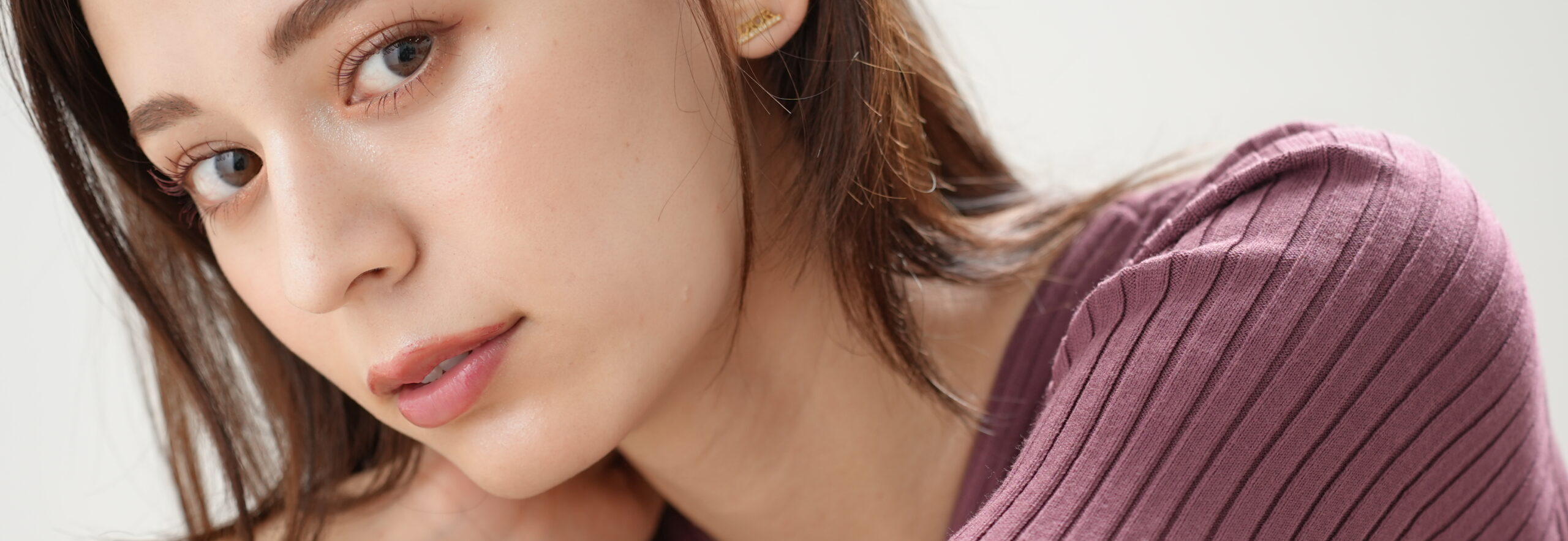Blog
Recent Posts

How to manage Dry scalp? Why does my scalp dry??
Dry scalp can be caused by a variety of factors, both internal and external. Here are some common reasons why people may experience dry scalp
- Lack of Moisture: Just like the skin on the rest of your body, your scalp needs adequate moisture to stay hydrated. Dry air, especially during the winter months or in arid climates, can strip moisture from the scalp, leading to dryness.
- Overwashing: Washing your hair too frequently or using harsh shampoos can strip away the natural oils produced by the scalp, leaving it dry and irritated.
- Hot Water: Washing your hair with hot water can also strip away natural oils, leading to dryness and irritation.
- Hair Care Products: Certain hair care products, such as shampoos, conditioners, and styling products, may contain harsh chemicals or fragrances that can irritate the scalp and contribute to dryness.
- Underlying Skin Conditions: Conditions such as eczema, psoriasis, or seborrheic dermatitis can cause dry, flaky scalp. These conditions may require medical treatment to manage symptoms effectively.
- Age: As people age, their skin tends to produce less oil, which can result in a drier scalp.
- Nutritional Deficiencies: A lack of essential nutrients, such as vitamins A, B, and E, as well as zinc and omega-3 fatty acids, can contribute to dry scalp and other skin issues.
- Stress: Stress can affect various aspects of health, including skin health. It can disrupt the balance of hormones and increase inflammation, which may contribute to scalp dryness.
- Environmental Factors: Exposure to environmental pollutants, such as cigarette smoke or pollution, can irritate the scalp and contribute to dryness.
- Genetics: Some people may be genetically predisposed to having dry skin, including dry scalp.
- Hydrate Yourself: Ensure you’re drinking enough water throughout the day. Hydration plays a significant role in overall skin health, including the scalp.
- Use a Gentle Shampoo: Opt for a mild, moisturizing shampoo that is free from harsh chemicals like sulfates, parabens, and fragrances. Look for shampoos specifically designed for dry or sensitive scalps.
- Limit Washing: Washing your hair too frequently can strip away natural oils, exacerbating dryness. Try to limit hair washing to 2-3 times a week.
- Avoid Hot Water: Hot water can strip the scalp of its natural oils, leading to further dryness. Wash your hair with lukewarm or cool water instead.
- Massage Your Scalp: Gently massage your scalp while shampooing to stimulate blood flow and encourage the production of natural oils.
- Use Conditioner: Apply a moisturizing conditioner after shampooing to help hydrate and nourish the scalp and hair. Focus the conditioner on the mid-lengths and ends of your hair.
- Apply Oil Treatments: Natural oils like coconut oil, olive oil, or argan oil can provide relief to a dry scalp. Massage a small amount of oil into your scalp, leave it on for a few hours or overnight, and then wash it out with shampoo.
- Avoid Over-Styling: Heat styling tools and chemical treatments can further dry out the scalp and hair. Limit the use of these tools and opt for heat protectant products when styling.
- Protect Your Scalp: Wear a hat or use sunscreen on your scalp when exposed to the sun for prolonged periods to prevent sunburn and dryness.
- Consult a Dermatologist: If your dry scalp persists despite home remedies, consult a dermatologist. They can determine if there’s an underlying condition such as eczema or psoriasis contributing to your dry scalp and recommend appropriate treatment.





